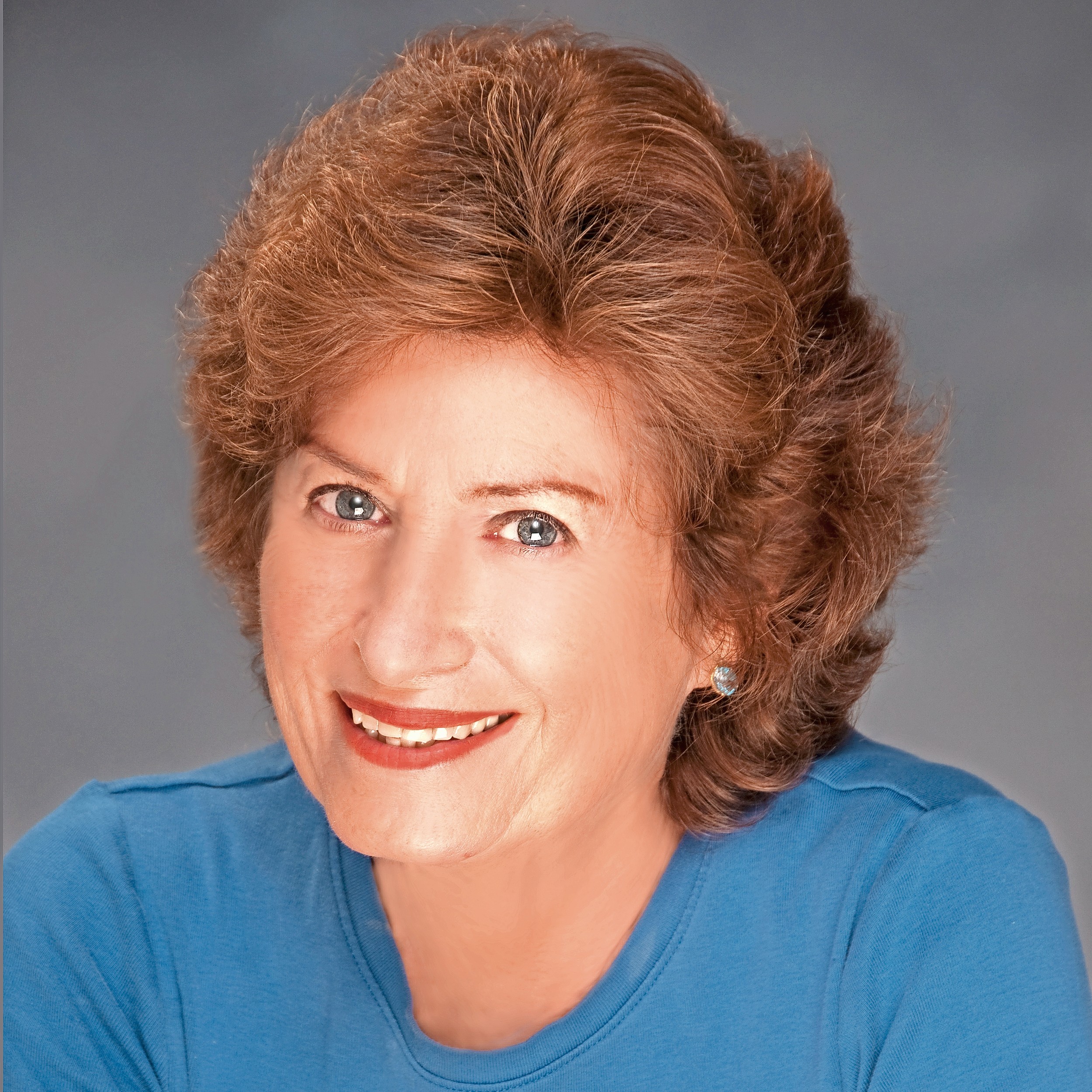As the author said, let the great world spin
Sixteen years and counting. This year’s Sept. 11 remembrances stopped us, held us fast and then let us go. The deep tolling of the bells, the mournful strains of taps, the reading of the names and the moments of silence are behind us for another year.
But I wonder if those of us who lived through that day will ever feel healed. Or do we leave the real healing to future generations that didn’t smell the smoke or see the flames?
We know from other tragedies that the retelling of a story is cathartic. When we revisit the day and recall our grief, we do sense a slight lifting of an awful weight. We can’t erase the images of a desperate man tumbling out a window, but the shock is tempered by the passing of time.
What helps, too, are the fictionalized accounts of 9/11. More than any nonfiction reportage, the stories of the day, processed through the hearts and minds of great writers, offer comfort and some relief. Sometimes we don’t even realize that we’re struggling with traumatic memories until we read someone’s story and recognize it as our own.
With that in mind, please consider making a selection from the 9/11 bookshelf.
Colum McCann’s novel “Let the Great World Spin” has been recognized as the single most brilliant novel about 9/11. Sept. 11 is never mentioned in it. There is no description of ground zero or a retelling of that day. Rather, we find invented stories of people living in and around New York before, during and after 2001.
The central vignette is about Philippe Petit, the man who (in real life) walked between the twin towers on a high wire in 1974. The author reimagines that day, creating a soaring image of a man who made New Yorkers stop in their tracks and look toward the towers, not in horror, but in amazement and delight.
“Those who saw him hushed. On Church Street. Liberty. Cortlandt. West Street. Fulton. Vesey. It was a silence that heard itself, awful and beautiful. Some thought at first that it must have been a trick of the light, something to do with the weather, an accident of shadowfall … But the longer they watched, the surer they were. He stood at the very edge of the building, shaped dark against the gray of the morning … Up there, at the height of a hundred and ten stories, utterly still, a dark toy against the cloudy sky.”
Clair Messud wrote “The Emperor’s Children,” also with 9/11 in the background. In England, Ian McEwan wrote “Saturday,” which taps the sobering “new normal” of the post-9/11 days. And Joseph O’Neill wrote “Netherland,” which performs an exquisite and deft ballet around the xenophobia and cultural shifts that followed the attacks in New York. Don DeLillo’s contribution to 9/11 fiction was the astounding “Falling Man.” Just those two words strike an image in our minds of the bodies that fell through the air.
Try “The Reluctant Fundamentalist,” by Mohsin Hasid, about the radicalization of a Muslim man; or “The Submission,” by Amy Waldman, a fictionalized account of the building of the ground zero memorial; or “The Effect of Living Backwards,” by Heidi Julavits, a strange and disorienting story about a hijacking. Read one of these books, disappear inside, and when you emerge, perhaps there will be some comfort.
As the real memories fade, the fictional accounts will take their place as homages to people who suffered and recovered and endured. These will be the stories that our children and grandchildren read someday, the stories that will help them truly understand this time in our lives. For children who might not have seen or heard the news of 9/11 and are too young for adult novels, there are stories that can still fears, renew hope and encourage tolerance. We might not want to tell a 7-year-old what happened 16 years ago on Sept. 11, but we can find kids’ books that instruct and enlighten even as they entertain.
Fiction writers always get it right, and always say it best. After the shock and the tears and the grief and the healing, McCann writes, “The world spins. We stumble on. It is enough.”
Copyright © 2017 Randi Kreiss. Randi can be reached at randik3@aol.com.

 41.0°,
Fair
41.0°,
Fair 




